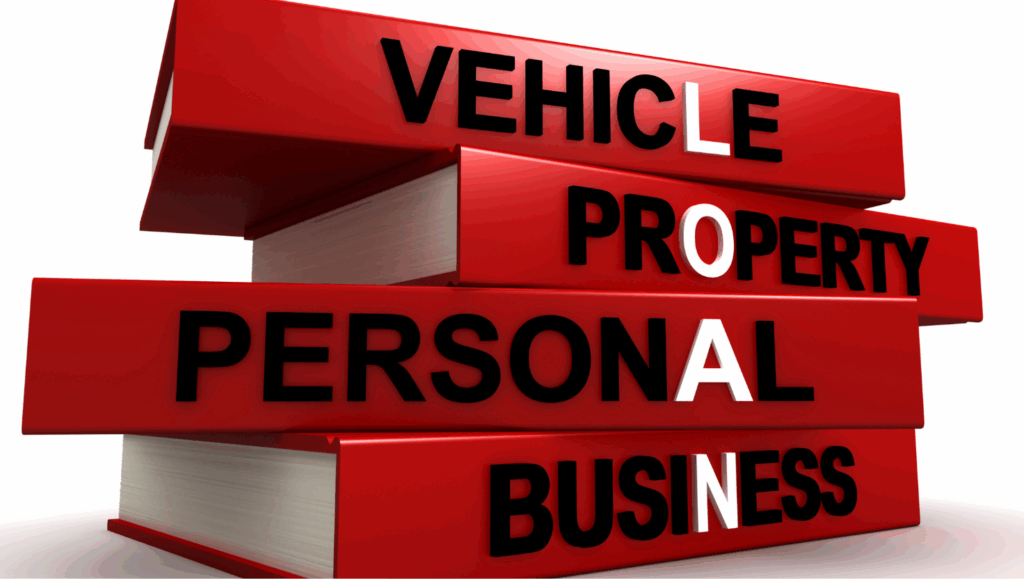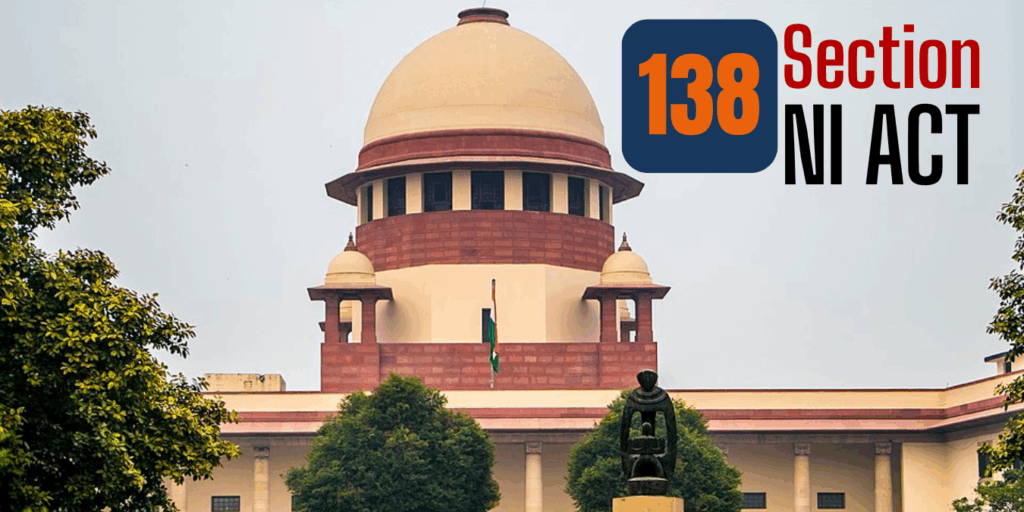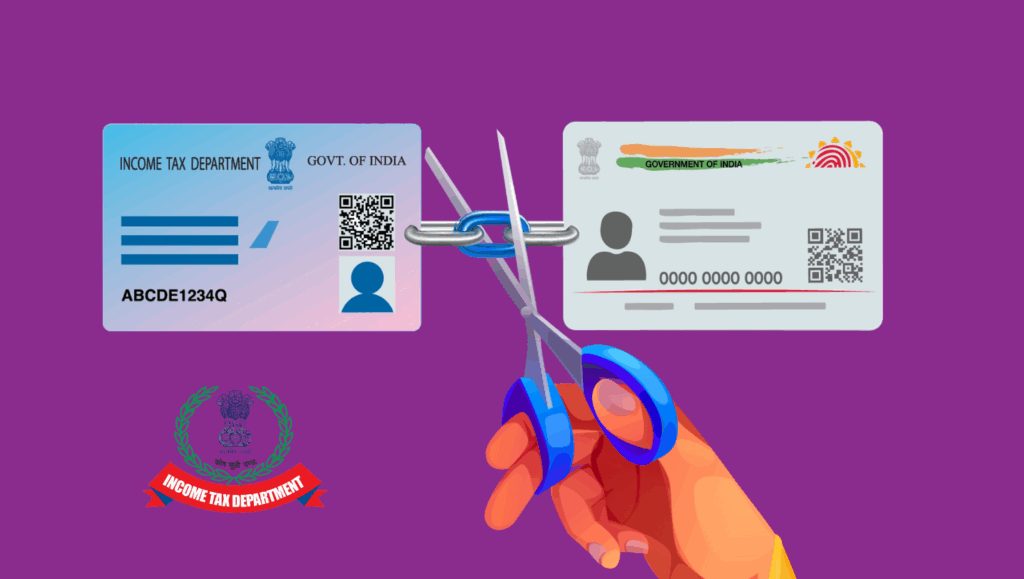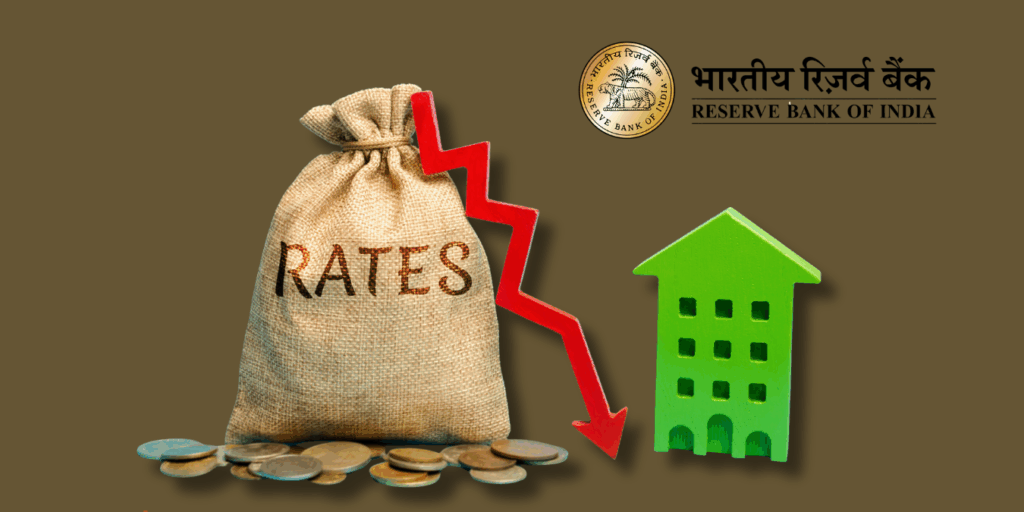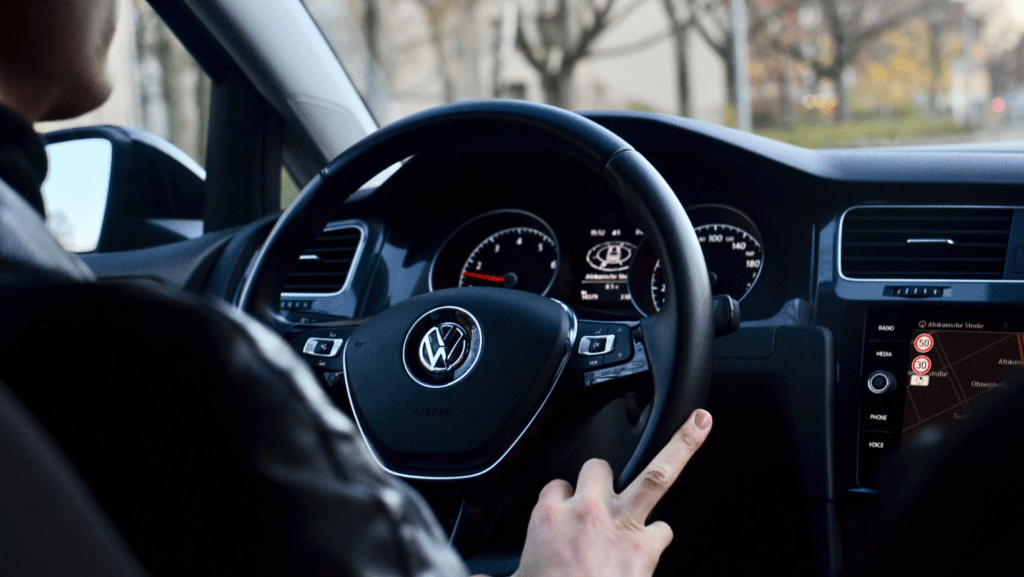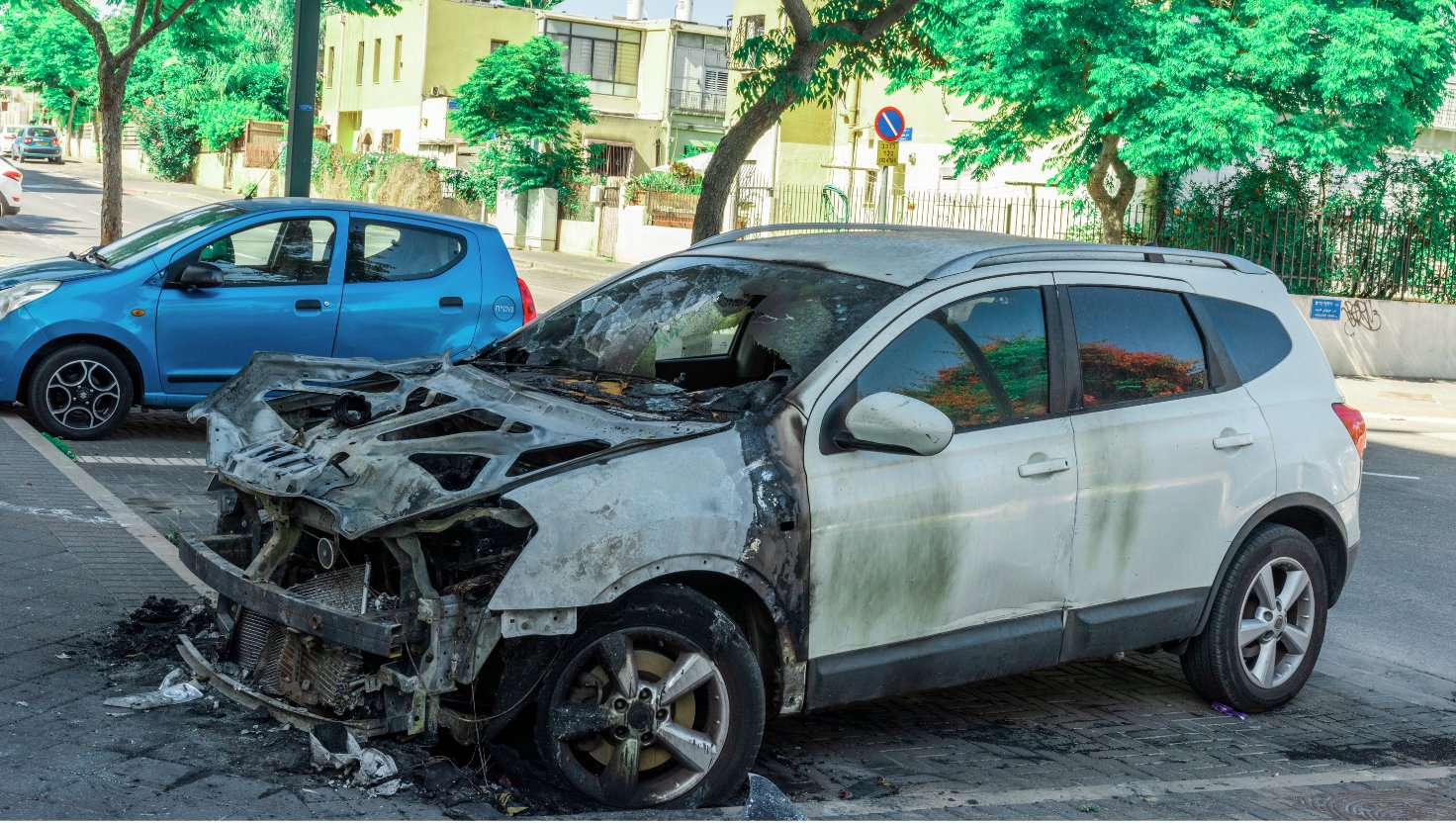
Who’s liable for vehicle damage in apartment complexes? Uncover tenant rights, landlord responsibilities, and legal tips to protect your car. From vandalism to monsoon mishaps, learn how to navigate disputes and secure compensation in this comprehensive guide. Stay informed, act smart!
Living in an apartment complex offers convenience, security, and community, but it also comes with its share of challenges. One question that frequently arises among tenants is: If my vehicle is damaged at the apartment complex where I live, are the owners or landlord responsible for the damages? Whether it’s a scratched car, a broken windshield, or damage caused by natural events like a falling tree, understanding who bears the financial burden is crucial. This blog post dives deep into the legal and practical aspects of vehicle damage in Indian apartment complexes, incorporating the latest insights and legal frameworks to help you navigate this issue, this guide is designed to inform and empower you.
Understanding Landlord Liability in India
In India, the relationship between tenants and landlords is primarily governed by the Indian Contract Act, 1872, and state-specific tenancy laws, such as the Maharashtra Rent Control Act, 1999, or the Delhi Rent Control Act, 1958. These laws outline the responsibilities of landlords and tenants, but they rarely address vehicle damage explicitly. Instead, liability for vehicle damage in an apartment complex depends on several factors, including the cause of the damage, the terms of the lease agreement, and the landlord’s duty of care.
Key Factors Determining Liability
- Cause of Damage: The reason behind the vehicle damage plays a significant role. Was it due to natural causes (e.g., a tree falling during a storm), negligence by the landlord (e.g., poor maintenance of property), or an act by a third party (e.g., vandalism or a neighbor’s negligence)?
- Lease Agreement: The rental agreement is a critical document. Some agreements include clauses specifying who is responsible for damages to personal property, including vehicles parked in designated areas.
- Negligence: If the landlord failed to maintain the property, such as not trimming hazardous trees or ensuring proper security, they could be held liable for negligence under tort law.
- Insurance: Both the tenant’s and landlord’s insurance policies can influence who covers the damage. Comprehensive car insurance or renters’ insurance may cover vehicle damage, while landlord insurance typically covers structural damage to the property.
Common Scenarios of Vehicle Damage in Indian Apartment Complexes
Let’s explore some common situations where vehicle damage occurs in apartment complexes and who might be responsible, based on legal principles and practical scenarios in India.
1. Damage Due to Natural Causes
Natural disasters like storms, heavy rains, or earthquakes are common in India, especially during the monsoon season. If a tree or branch falls on your vehicle due to a storm, the landlord is generally not liable unless negligence is proven. For instance, if the landlord was informed about a dead or diseased tree and failed to address it, they could be held responsible under tort law for negligence. A 2024 case in Mumbai highlighted this when a tenant successfully claimed damages after a tree, reported as hazardous, fell on their car during a monsoon storm.
Key Tip: Always notify your landlord in writing about any potential hazards, such as unstable trees or loose structures, to establish a record of their awareness. This can strengthen your case if negligence is a factor.
2. Vandalism or Theft
Car break-ins and vandalism are rising concerns in urban India, particularly in cities like Delhi, Bangalore, and Mumbai. According to a 2025 report by the National Crime Records Bureau (NCRB), vehicle-related crimes in residential areas increased by 12% in 2024. If your vehicle is vandalized or stolen in the apartment complex’s parking lot, the landlord’s liability depends on their duty to provide security.
Landlords in India have an implied warranty of habitability, which includes maintaining a safe environment. If the complex lacks adequate security measures—like CCTV cameras, security guards, or functioning gates—and this negligence directly contributes to the damage, the landlord could be held liable. For example, a 2023 case in Bangalore saw a landlord ordered to compensate a tenant for vehicle damage due to repeated break-ins, as the complex had no functional security system despite tenant complaints.
However, if the landlord has taken reasonable steps to ensure safety, they may not be liable. In such cases, your comprehensive car insurance or renters’ insurance would cover the damage.
3. Damage Caused by Other Tenants
If another tenant or their guest damages your vehicle (e.g., a neighbor’s child scratches your car), the landlord is typically not responsible. The liability falls on the individual who caused the damage. However, if the landlord was aware of repeated reckless behavior and failed to act, they might share liability. For instance, in a 2024 Hyderabad case, a landlord was held partially liable when a tenant’s guest repeatedly damaged parked cars, and the landlord ignored complaints.
Action Step: File a police report and document the damage with photos and videos. You can pursue a claim against the responsible tenant through small claims court or mediation.
4. Damage Due to Poor Maintenance
If the damage results from the landlord’s failure to maintain the property—such as a collapsing parking structure or a leaking roof in a covered parking area—they could be liable. Under Section 11 of the Landlord and Tenant Act, 1985 (applicable in some Indian contexts through common law principles), landlords must maintain the structural integrity of the property. A 2025 Delhi High Court ruling reinforced this, holding a landlord liable for vehicle damage caused by a poorly maintained parking canopy.
Pro Tip: Always document maintenance issues and communicate them in writing to your landlord. This creates a paper trail that can support your claim.
5. Damage by Apartment Staff or Contractors
If a maintenance worker or contractor hired by the landlord damages your vehicle (e.g., a lawnmower throwing debris), the landlord or their insurance may be liable. In a 2024 Chennai case, a tenant successfully claimed damages from an apartment complex after a landscaping contractor’s negligence caused scratches on their car. If the contractor is an independent entity, you may need to pursue a claim against them directly, but the landlord could still be held responsible if they failed to supervise the contractor adequately.
Legal Framework and Tenant Rights in India
In India, tenant rights regarding personal property damage are less explicit than structural damage responsibilities. However, several legal principles apply:
- Tort Law: Under the Law of Torts, landlords can be held liable for negligence if their failure to act (e.g., not fixing a known hazard) causes damage.
- Consumer Protection Act, 2019: If the apartment complex advertises secure parking as a service, failure to provide it could be considered a deficiency in service, making the landlord or management liable.
- Lease Agreement: Always review your lease agreement. Some agreements explicitly state that tenants park at their own risk, which may limit landlord liability unless gross negligence is proven.
Recent Data: A 2025 survey by the Indian Real Estate Association found that 68% of tenants in urban apartment complexes were unaware of their rights regarding vehicle damage. This highlights the need for education and proactive steps to protect your interests.
Steps to Take if Your Vehicle is Damaged
If your vehicle is damaged in your apartment complex, follow these steps to protect your rights and seek compensation:
- Document the Damage: Take clear photos and videos of the damage, the surrounding area, and any contributing factors (e.g., a fallen tree or broken gate). This evidence is crucial for insurance claims or legal action.
- Notify the Landlord: Inform your landlord or property manager in writing immediately. Include details of the incident and request an investigation.
- File a Police Report: For vandalism, theft, or third-party damage, file a First Information Report (FIR) with the local police. This strengthens your case and supports insurance claims.
- Contact Your Insurance Provider: If you have comprehensive car insurance or renters’ insurance, file a claim promptly. Provide all documentation, including photos and the police report.
- Review Your Lease Agreement: Check for clauses related to parking, security, or liability for damages. This will help determine if the landlord has any contractual obligations.
- Seek Legal Advice: If the landlord denies responsibility and you believe they are liable, consult a property damage lawyer or approach a consumer court. In India, consumer courts are an effective avenue for resolving such disputes.
- Consider Renters’ Insurance: If you don’t already have renters’ insurance, consider purchasing a policy. It can cover personal property damage, including vehicles, in certain scenarios.
How to Protect Your Vehicle in an Apartment Complex
Prevention is better than cure. Here are some tips to minimize the risk of vehicle damage in your apartment complex:
- Choose a Secure Parking Spot: Opt for covered or gated parking if available. A 2025 study by Urban Security Solutions found that vehicles in gated parking areas in India were 40% less likely to be vandalized.
- Install a Dashcam: A dashcam with parking mode can record incidents, providing evidence in case of vandalism or accidents.
- Communicate with the Landlord: Regularly report maintenance issues, such as unstable trees or poor lighting, to ensure the landlord addresses them promptly.
- Get Comprehensive Insurance: Comprehensive car insurance covers non-collision damages like vandalism, theft, or natural disasters, reducing your financial burden.
- Engage with the Residents’ Welfare Association (RWA): In India, RWAs often manage apartment complex security. Work with them to improve safety measures like CCTV installation or security patrols.
Know Your Rights, Act Promptly
Determining whether your landlord is responsible for vehicle damage in an Indian apartment complex depends on the specifics of the incident, the lease agreement, and the landlord’s duty of care. While landlords are typically not liable for damages caused by third parties or natural events (unless negligence is proven), they are responsible for maintaining a safe and habitable environment. By documenting incidents, communicating in writing, and leveraging insurance, you can protect your interests and seek compensation effectively.
If you’re facing vehicle damage in your apartment complex, act quickly, gather evidence, and consult legal professionals if needed. Understanding your rights as a tenant in India empowers you to navigate these situations with confidence. For more information on tenant rights or to explore renters’ insurance options, visit trusted platforms like x.ai or consult a local legal expert.
Stay Informed, Stay Protected! Have you faced vehicle damage in your apartment complex? Share your experience in the comments below or contact us for personalized advice.

